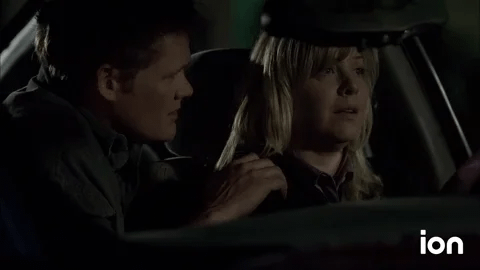Is Seeking Mentorship Overrated?
The last 3+ years I have spent participating in technical communities, virtually and in-person in India, have been immensely insightful and enjoyable. One of the most significant benefits of communities that I found in this process was access to individuals experienced in my domain, individuals I could learn from and depend on. And there have been more than a few occasions in my journey where I have needed these individuals and mentors for feedback, guidance, direction, and motivation.
However, being in a position where I am now asked for all these, I wonder what impact this mentorship makes, what circumstances enable it to work, and how necessary it is in the first place. Let’s explore this in this newsletter today.
Thoughts From Our Community 👨👩👧👦
Before expressing my opinions, I wanted to understand what our peers from the community thought about this problem as well.

There were some fascinating perspectives I came across in this process.
Suvaditya shared about the pros and cons of seeking mentorship from his journey:

Bhavya had a rather strong opinion endorsing the benefits of mentorship:

Kanak mentioned about the fine line between seeking mentorship in instances and actively looking for one all the time.

Rishab brought up a great point on mentor-mentee relationships and why they must be personal.


Why do we seek mentorship? 🤔
The benefits and pitfalls of seeking mentorship can only be understood after we take a look at the situations when we may start seeking mentorship:
When we’re looking for general guidance
These could be any general scenarios where we need extra opinions or advice, maybe for validation or to get recommendations. An example of this could be when you’re thinking of how to become a software engineer. This is definitely the lowest-stakes situation of the four because potential pathways to solve this problem are easy to find, and it lacks a state of crisis, thereby removing any urgency.When we’re stuck on a specific challenge
These could be instances where we’re stuck with a specific problem and need guidance to navigate it. For example, when you’re stuck on a Leetcode challenge that you’re unable to solve. This tends to carry a focused problem, and while the stakes may vary depending on the impact of the end-result, it is the easiest to get mentorship for.When we find ourselves at certain crossroads
These include instances of major conflict, situations where you gain and lose something. Often, they are preceded or succeeded by a crisis. For me, an instance of this sort was when I decided to not pursue a career in community management. These are generally points of inflection, thereby substantially increasing the stakes.When we feel lost in our lives
These are definitely the highest-stakes situations of all, times when we feel absolutely directionless about how we need to proceed with our careers, lives, and what not. This makes these instances some of our most vulnerable periods, making it imperative to solve them as quickly as possible.
What can mentors do in such situations? ⚒️
Looking at each kind of situation we’ve seen above, it’s necessary to understand which situations actually need you to have a mentor and how they can affect you in each of these situations.
In the first kind of situation, the one where we’re looking for general guidance, we may, in most cases, not need a mentor at all. A lot of these situations require some amount of research and experimentation from you. Chasing mentors in such situations can create an unnecessary habit of seeking for help instead of putting in the effort to investigate and explore. It is not that a mentor can’t benefit you here; any individual with substantial experience in the area you want guidance about can help you. However, building a dependency on them is definitely not beneficial for you in the long run.
In the second kind of situation, the one where we’re stuck on specific challenge, it does not hurt to have a mentor on the condition that we’ve tried to tackle the problem ourselves. This is probably the situation where it is the easiest to find a mentor to help because the challenge may (in a lot of cases) be objective enough for them to assist with. So in this scenario, once you’ve given your best attempt, feel free to reach out to a relevant mentor for your problem.
The third kind of situation, the one where we find ourselves at certain crossroads, are where the right mentors really shine. These situations can seem really difficult to navigate; it becomes a lot easier to gain context when you have someone who can connect the dots backwards, though. That being said, even if you choose to have a mentor assist you, make sure that the final decision you make is one you choose. Because your mentor may try to understand the situation from your perspective and advise accordingly. However, they don’t walk in your shoes, and only you can know what it means to do that. Running away from such decisions will only make you more afraid of making them in the future.
The fourth kind of situation, the one where we feel lost in our lives, are where we’re the most vulnerable. In this scenario, you need to be extremely careful who you let into your problems and take advice from because you would be a lot more susceptible to just listening and going along with the advice than you may realise. I personally agree with what Rishab mentioned here because if you take advice from someone who doesn’t understand you, they may take you down a path not right for you. So be extremely careful about who you choose to involve as a mentor here.
Are mentors worth having? 👀
The simple answer, yes.
Mentors are still worth reaching out to. They carry experiences that you could learn from, and their knowledge will still benefit you. They aren’t overrated. However, it is necessary to recognise that they add value in certain contexts and circumstances. You cannot make them the answer to all your problems. As long as you continue to take responsibility for your decisions throughout your situations and don’t build a dependency or a habit of chasing someone else to solve your problems, you’ll be alright.






